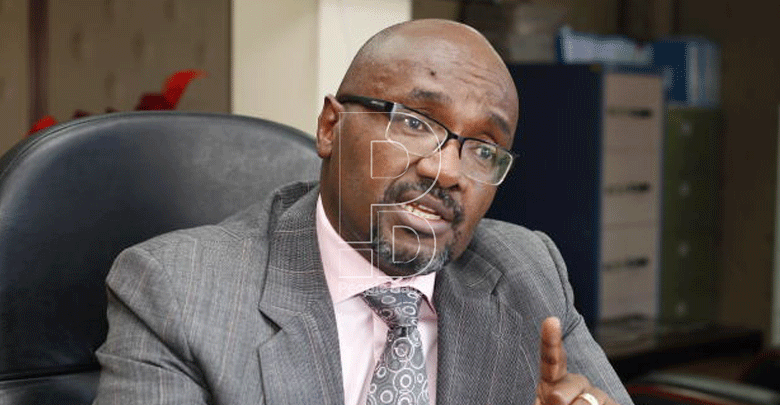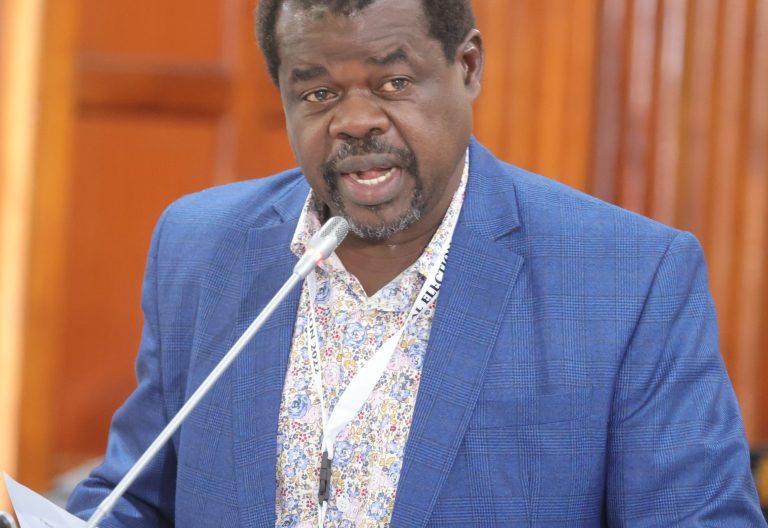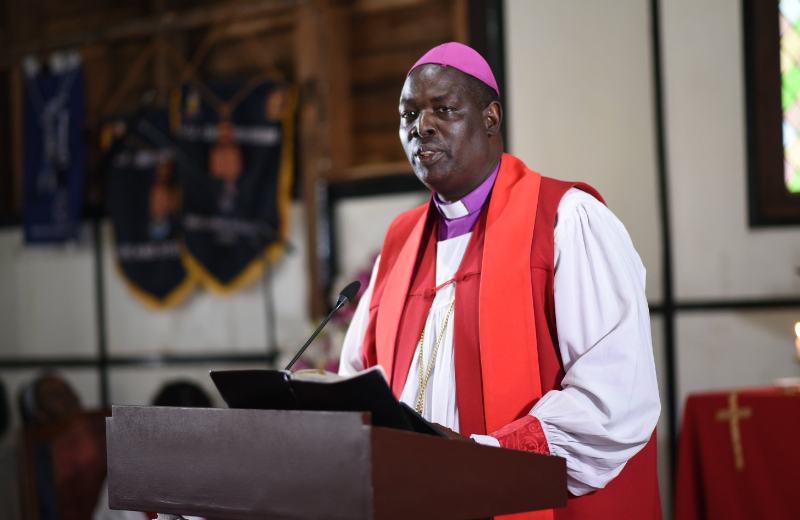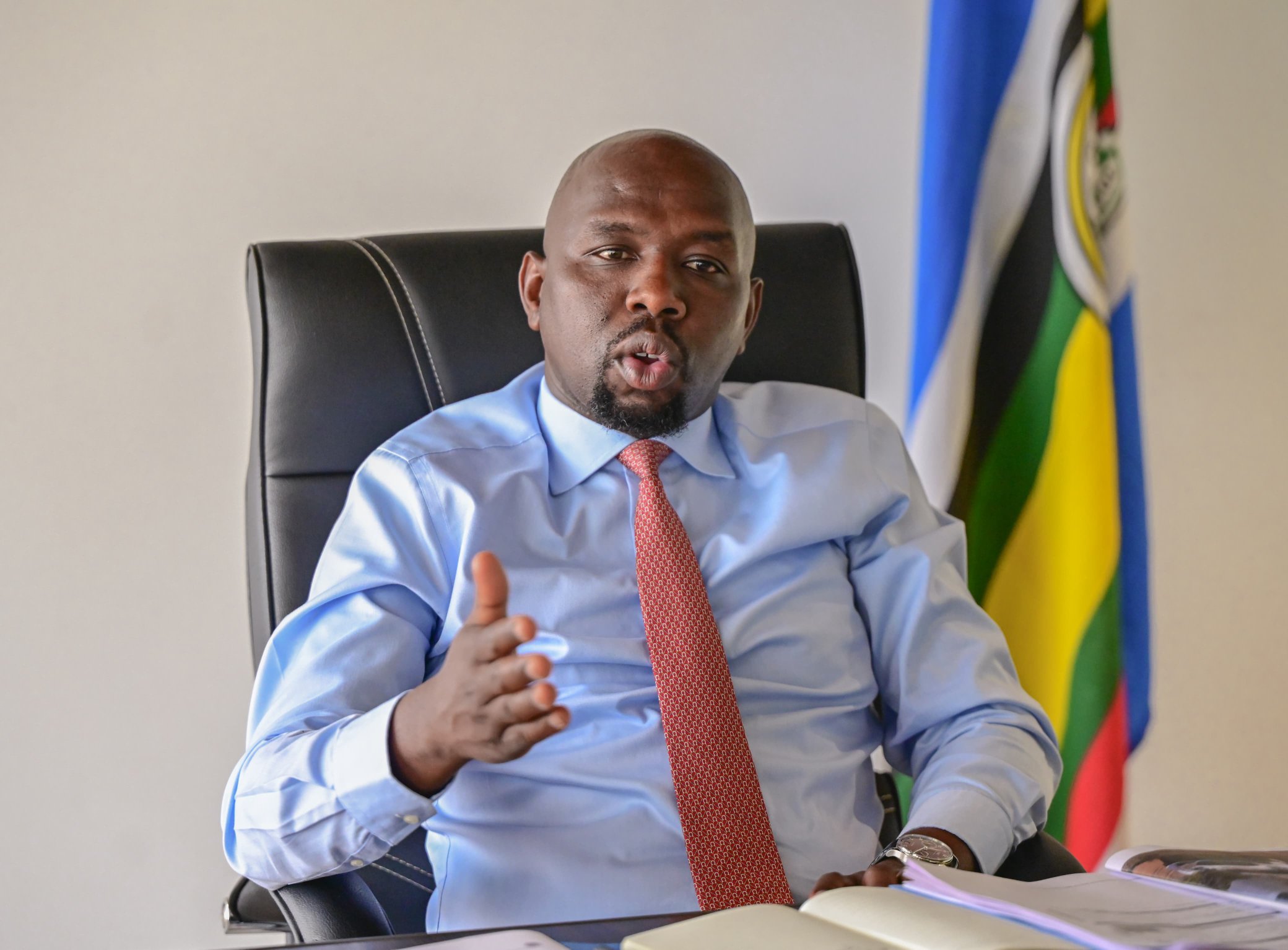Varsities told to abide by court order on courses accreditation

George Kebaso @Morarak
The Commission for University Education (CUE) has called on public and private universities to implement a High Court ruling on accreditation of programmes.
Chief Executive Officer Prof. Mwenda Ntarangwi said the commission would decline to accredit or approve programmes for universities that fail to comply with the court’s decision.
The ruling, in June last year, gave CUE full control of curriculum accreditation and supervision of academic programmes.
It confined professional bodies to a consultancy role.
The ruling also brought to a close a three-year court battle between professional bodies in the health, engineering, legal and education sectors.
Ntarangwi said the ruling would also see students save millions of shillings that they pay as accreditation fees.
The fees, according to CUE, had run into millions of shillings despite the fact that the operations of the agencies are funded by the National Treasury.
He called on the public and private universities to implement the order delivered by the High Court immediately.
“As much as the Commission is open to working with the few professional bodies that have taken this route, universities are hereby notified of the consequences of disregarding the Court directive and guidance of the regulator,” he stated noting that despite the ruling, some Professional bodies continue to engage universities with little regard to the Commission.
“This is not only contemptuous, but disregard to the sub-sector regulator,” he wrote in the letter titled: Approval of Academic Programmes in Universities following Court Decision NRB HC Petition No. 37 and 106 of 2017.
Ntarangwi further noted that any university engaging anybody as far as the accreditation, licensing and recognition of university education outside the agreed framework is concerned, will theor accreditation and approval of the academic programmes withdrawn.
One student pays Sh1,500 for accreditation to professional bodies which are currently around 30.
In his June last year ruling, Justice James Makau disagreed with the professional bodies’ stand that Section 5 of the Universities (Amendment) Act, No. 48 of 2016 was unconstitutional and unlawful.
“A declaration that Section 5 of the Universities (Amendment) Act is hereby struck out,” Makau ruled upholding the provisions of Section 5A that grants the Commission the sole mandate of regulating and accrediting universities.
In his letter to the universities, Ntarangwi said professional bodies continued to purport to accredit/approve academic programmes in universities.
He indicated that after the High Court ruling, several universities had called the Commission, while others wrote seeking for direction on the matter.
“It was the Commission’s expectation that universities would have no problem in the interpretation of the Court judgement as far as the accreditation, licensing and recognition of University education (including accreditation/approval of academic programmes ) was concerned.
Despite this communication, the Commission continues to receive enquiries on this issue,” he said, explaining that the provisions of the Universities Act prevails.
He invited professional bodies for discussions on the matter.
“There is a need to work together towards achieving our respective statutory requirements on training and accreditation of academic programmes in universities leading to registration by the respective professional bodies without necessarily causing unnecessary economic burden to our key stakeholders,” he wrote.
The Commission, Prof Ntarangwi said has been working with some Professional bodies, with a view of forging a common approach to accreditation and licensing of university education (including accreditation/approval of academic programmes) in universities.
The Kenya Medical Practitioners and Dentists Board, Council for Legal Education, Engineers Board of Kenya and Board of Registration of Architects and Quantity Surveyors are some of those barred from regulating academic programmes in universities and colleges.












